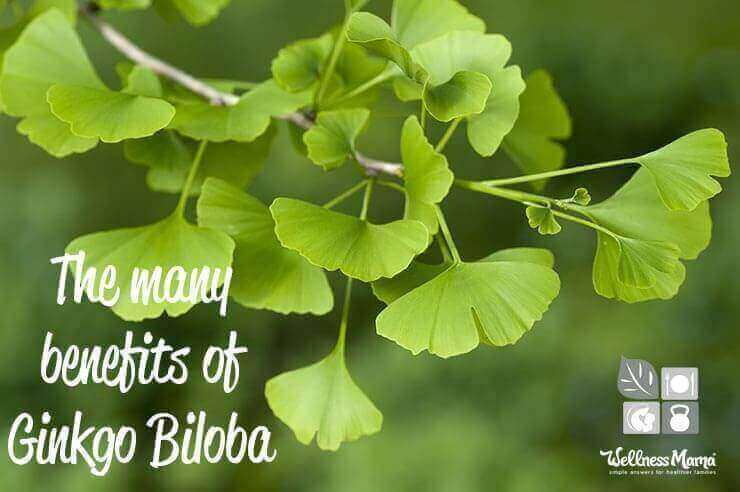A skinned knee… my first impression of Ginkgo Biloba was not a positive one.
We had a single Ginkgo tree in our yard at my house growing up. It has fascinating leaves that turned bright yellow in the fall.
It measured about 20-25 feet tall, but at my age, it might as well have been a hundred feet. It looked as if someone had tried to cut it down or kill it years ago but it came back and remained strong. Ginkgo trees are known for their resilience, and this one had gotten the better of me that day.
I learned how to climb on that tree. It had a perfect pattern of branches that made it challenging, but possible to climb at my young age. My brother and I would see who could climb higher and this would determine who got to pick the outdoor game we played that day.
On this particular day, I was determined to climb higher than I had ever before. I reached my goal, but my foot slipped on one of the top branches and I fell about six feet, catching myself before falling to the ground. A little scar on my knee reminds me of that tree to this day.
Turns out, I should have been using the tree for more than climbing…
Benefits of Ginkgo Biloba
Ginkgo tress are one of the oldest living tree species, with fan shaped leaves and inedible fruit. Its sweet and mildly astringent leaves have a long history in Chinese medicine and other traditional healing modalities. Recent research has discovered compounds called ginkgolides that are present in its leaves but not in any other known plant.
Researchers speculate that these compounds may account for the incredible resiliency of the Ginkgo Biloba plant. The tree is so resilient that it is the only tree to survive the blast at Hiroshima as a newly sprouted tree was found at the site of a completely destroyed tree soon after)
It is often used for memory and brain support, maintaining healthy blood and arteries and as an antioxidant. The University of Maryland Medical Center explains:
Ginkgo has a long history of being used in traditional medicine to treat blood disorders and improve memory, and it’s best known today as way to potentially keep your memory sharp. There is some scientific evidence to back that up. Laboratory studies have shown that it improves blood circulation by opening up blood vessels and making blood less sticky. It’s also an antioxidant.
For those reasons, ginkgo may improve vein and eye health. Although not all studies agree, it may help treat dementia (including Alzheimer’s disease) and intermittent claudication, or poor circulation in the legs. It may also protect memory in older adults.
The leaves have two types of chemicals (flavonoids and terpenoids) that are antioxidants. In your body, harmful particles called free radicals build up as you age, and may contribute to heart disease, cancer, and Alzheimer’s disease. Antioxidants like those found in ginkgo fight off free radicals, and stop them from damaging DNA and other cells. (1)
It is often suggested in alternative medicine for:
- Helping improve memory and protecting nerve cells in the brain (2, 3)
- One study showed that it helped improve vision for those with Glaucoma
- Another study found that it could help reduce the symptoms associated with claudication (clogged arteries) (4)
- I know women who swear by its ability to help reduce PMS symptoms
- Research found that those with Raynaud’s Syndrome noticed an improvement in symptoms from taking Ginkgo (compared to those taking a placebo)
- Therapeutically for those with Alzheimers (5)
- As a natural remedy for chronic tinnitus (6)
Important Cautions When Using Ginkgo
As with any herb or vitamin, it is important to talk to a doctor before using Ginkgo. Those with bleeding disorders, epilepsy, seizure disorders or other health conditions should not take it, nor should pregnant or nursing women, or children. Those taking any type of medication should check with a doctor to rule out interactions before taking.
How to Use Ginkgo Biloba
Ginkgo is available in many forms:
- As a mildly sweet herbal tea (I order in bulk for use as a tea but it also available in tea bags)
- In capsule form- this one is often recommended since it contains the standardized extract that has been most studied
- I’m considering planting a Ginkgo tree in our yard since they grow quickly, have beautiful leaves, and the kids can practice their climbing skills on it!
Ever used Ginko Biloba? Share below!




Leave a Reply